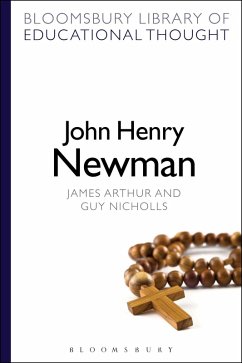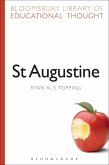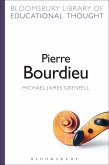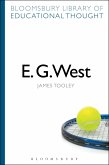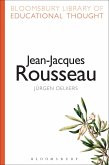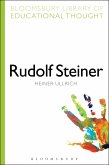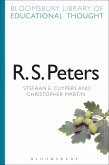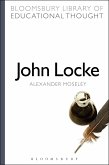John Henry Newman's writings and his lifelong search for religious truth continue to influence thought within a range of disciplines, most notably theology, philosophy and education. One of his most significant contributions was to the understanding of higher education contained within his nineteenth century writings, in particular his volume of lecturers entitled The Idea of a University, which has helped shape religious and educational thought over two centuries.
Newman's claim that university education, the pursuit of universal knowledge and truth, is as much an education in pure and practical knowledge as in moral life, provides a continuing source of challenge and inspiration to education leaders today much as it did in the nineteenth century. James Arthur examines Newman's key strengths and weaknesses and locates these firmly within the intellectual context of his time, providing an overview of his work that allows students to appreciate the importance of his thought both within and outside the Catholic tradition.
Newman's claim that university education, the pursuit of universal knowledge and truth, is as much an education in pure and practical knowledge as in moral life, provides a continuing source of challenge and inspiration to education leaders today much as it did in the nineteenth century. James Arthur examines Newman's key strengths and weaknesses and locates these firmly within the intellectual context of his time, providing an overview of his work that allows students to appreciate the importance of his thought both within and outside the Catholic tradition.

